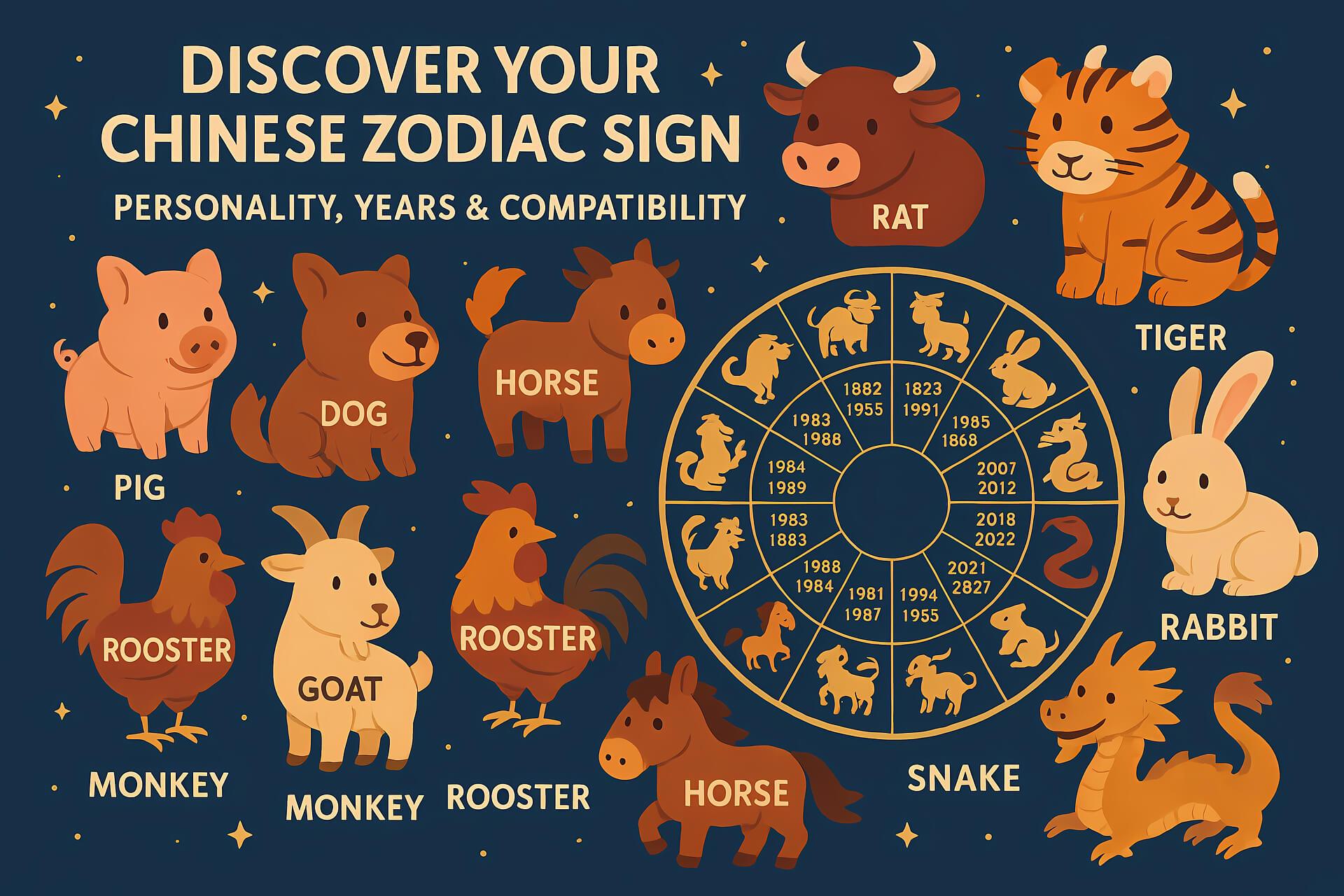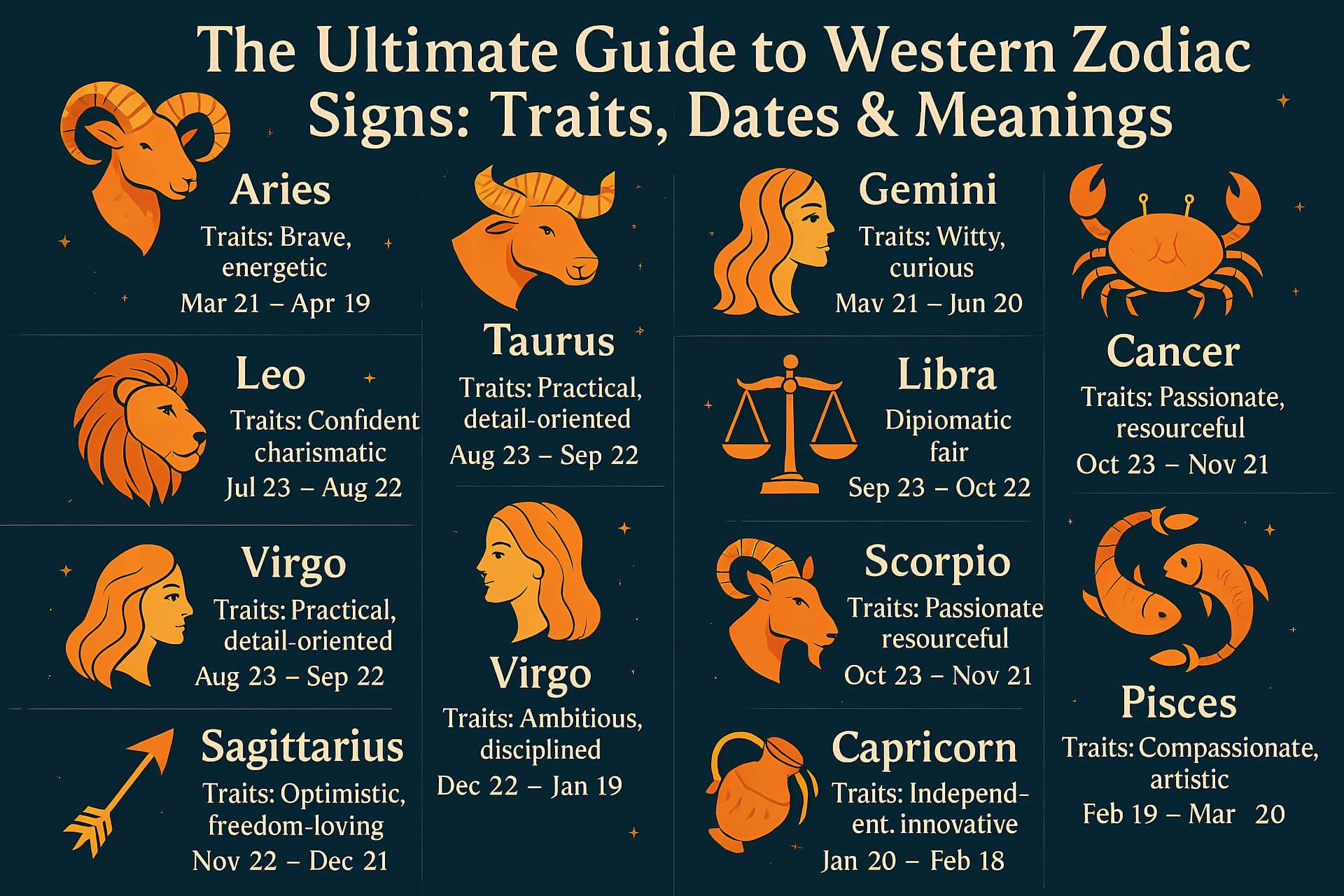What Is a Horoscope?
A horoscope is an astrological prediction or insight based on the alignment of celestial bodies at a specific time—most commonly your birth. Traditionally found in newspapers and apps, horoscopes interpret the current positions of the sun, moon, and planets to provide guidance on your day, week, or month ahead.
The Role of the Zodiac in Horoscope Readings
Every horoscope begins with your sun sign—the zodiac sign where the sun was positioned on your birthday. But for deeper readings, you’ll need to consider:
-
Moon Sign – Governs emotions
-
Rising Sign (Ascendant) – Your outer self and first impressions
These three pillars form the core of your astrological identity.
Understanding the Astrological Chart
Your natal chart (birth chart) is a snapshot of the sky at the exact time and place you were born. It shows:
-
Planets – Represent different aspects of you (e.g., Venus = love, Mercury = communication)
-
Houses – Indicate which life areas are influenced (e.g., career, family, relationships)
-
Aspects – The angles between planets that affect how they interact
The Importance of Your Birth Details
To generate a full, accurate horoscope, you’ll need:
-
Date of birth
-
Exact time of birth
-
Place of birth
These details determine your rising sign and the precise layout of your houses—essential for personalized readings.
Daily, Weekly, and Monthly Horoscopes
-
Daily: Brief insights based on sun sign trends (e.g., “Today’s a good day for creativity.”)
-
Weekly: Offers a bigger picture, often including moon phases and major aspects
-
Monthly: In-depth overviews of planetary shifts and their impact
The more personalized your chart, the more precise your reading.
What Each Planet Represents
| Planet | Symbolizes |
|---|---|
| Sun | Core self, identity |
| Moon | Emotions, instincts |
| Mercury | Communication, intellect |
| Venus | Love, beauty, attraction |
| Mars | Action, passion, aggression |
| Jupiter | Growth, luck, optimism |
| Saturn | Discipline, responsibility |
| Uranus | Innovation, rebellion |
| Neptune | Dreams, spirituality, illusion |
| Pluto | Transformation, power |
Zodiac Houses Explained
There are 12 astrological houses, each governing a different area of life:
| House | Represents |
|---|---|
| 1st | Self, identity, appearance |
| 2nd | Money, possessions, values |
| 3rd | Communication, siblings, ideas |
| 4th | Home, roots, family |
| 5th | Creativity, romance, children |
| 6th | Health, service, daily routine |
| 7th | Partnerships, marriage, contracts |
| 8th | Transformation, death, intimacy |
| 9th | Philosophy, travel, education |
| 10th | Career, reputation, ambition |
| 11th | Friends, social networks, goals |
| 12th | Secrets, subconscious, endings |
Common Horoscope Terms Decoded
-
Retrograde: A planet appears to move backward—linked to confusion or review
-
Conjunction: Two planets in the same sign—amplifies energy
-
Trine: 120° apart—harmonious flow
-
Square: 90° apart—tension or conflict
-
Opposition: 180° apart—duality and reflection
Tools to Start Reading Your Horoscope
-
Websites: Astro.com, Cafe Astrology
-
Apps: Co-Star, The Pattern, TimePassages
-
Books: “The Only Astrology Book You’ll Ever Need” by Joanna Martine Woolfolk
-
Charts: Use natal chart calculators online for free
How to Interpret Your Horoscope Logically
-
Start with your sun sign for basic predictions
-
Look at your moon and rising for emotional and daily tone
-
Check major planetary transits (like Saturn return or Mercury retrograde)
-
Don’t take every word literally—astrology is symbolic, not deterministic
-
Use patterns, not absolutes, to reflect on your decisions and mindset
FAQs About How to Read Your Horoscope
1. Do I need to believe in astrology to read horoscopes?
No! Many use it as a tool for reflection, regardless of belief.
2. Why do daily horoscopes sometimes feel generic?
They’re based only on sun signs. Full readings require moon, rising, and more.
3. Can my horoscope predict the future?
It indicates energy trends, not exact events. Use it for guidance.
4. What is a birth chart?
A detailed map of the sky at your birth—your astrological fingerprint.
5. How often should I read horoscopes?
As often as you like—but balance astrology with real-world awareness.
6. Is astrology the same as fortune-telling?
No. It’s symbolic and interpretive, not predictive magic.
Conclusion
Learning how to read your horoscope opens a world of self-discovery. From decoding planetary placements to tracking daily transits, astrology provides a framework to reflect on your choices and challenges. Whether you’re a curious beginner or a future chart-reader, remember: astrology is a tool—not a rule. Use it to learn more about yourself and navigate life with greater awareness.




